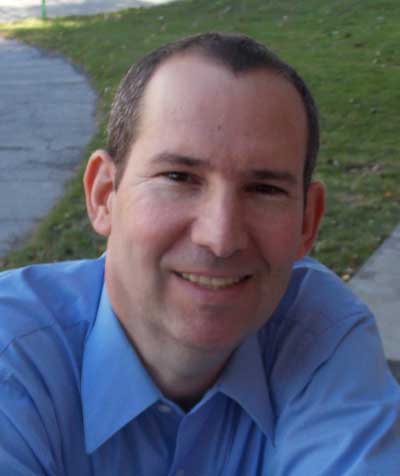MP Poilievre visits EMSB, meets about autism initiatives, new bill


by Mike Cohen
Pierre Poilievre, the new leader of the federal Conservative Party of Canada, sent a very clear signal that if he is elected prime minister of Canada, he will be there for families of special needs individuals.
In an unprecedented meeting organized by English Montreal School Board (EMSB) director general Nick Katalifos, who has a 21-year-old son on the autism spectrum, Poilievre and his wife Anaida Galindo visited the Wagar Adult Education Centre in Côte Saint-Luc in January. This is the home to many special needs adult students.
Gathered together thanks to the efforts of the Transforming Autism Care Consortium, a research network that connects and mobilizes Quebec’s strengths in autism research to improve the quality of life of people with autism and their families, Poilievre, Galindo, Senator Leo Housakos and Roman Baber listened attentively as representatives from more than a dozen organizations that offer services to the autistic population provided detailed information on the challenges they face.
EMSB chair Joe Ortona, vice chair Agostino Cannavino, Commissioner Jamie Fabian and members of the management were also on hand. After the two hours of meetings, they moved to the Syd Wise Auditorium, where Poilievre addressed students and special guests. I must say, this was an impressive gesture by Poilievre, and it was nice to see how implicated Galindo is on such an agenda item.
A new bill addressing autism
Spearheaded by Senator Housakos, Bill S-203, (“An Act respecting a federal framework on autism spectrum disorder) passed in March and is now law.
“I have been involved with this issue for a number of years, and there are two recurring themes when I talk to family afflicted with autism spectrum disorder,” said Housakos. “They say, ‘Senator, we feel alone. We feel helpless.’ If our institution can pass this bill and send it to the other place, calling for what has been needed for a long time – a national framework to serve as a springboard that will hopefully become a national strategy on autism – then we can send a clear message to those Canadian families, grandparents, parents, brothers, sisters and friends who are dealing with the challenges of autism: We have been hearing you. We are listening. You’re not alone, and you’re not helpless. We feel you, we will respond, and we will be there in solidarity. Because at the end of the day, those are just words for me. I think a society can only achieve its true greatness if we use our resources to make sure that no child is left behind and that we take advantage of the wonderful skill sets every Canadian has to offer.”
During the reading of the bill, Senator Tony Loffreda provided his strong support as well. “Senator Housakos and I worked on some community initiatives that would provide adequate, affordable and tailored programs and services to people with autism spectrum disorder,” he said. “One example is Giant Steps, a school in Montreal. This bill is relatively simple. It would enable the federal minister of health to establish a federal framework on autism spectrum disorder, in consultation and partnership with other ministers, with the provinces and with stakeholders.”
In the House of Commons discussion on the bill, Alberta Conservative MP Mike Lake, the father of an autistic son, noted that for anybody who has been working in this area over the years, there is a real impatience right now. “It has been many years that we have been talking about a national strategy,” he commented. “I think it is an opportunity to move forward, with some of that impatience, yes, but with real hope for the future for people with autism in this country and the people who care about people with autism.”
Poilievre told his Wagar audience: “I want to be the champion for all of the people with autism. It is our job to make the world a welcoming place. We want a system that works for the people; not people working for the system. When the next election takes place, our party will have important policies to present.”
The most interesting aspect of the meeting was Poilievre and his wife asking questions to the experts. It was an excellent dialogue and a good example for other party leaders to follow.









